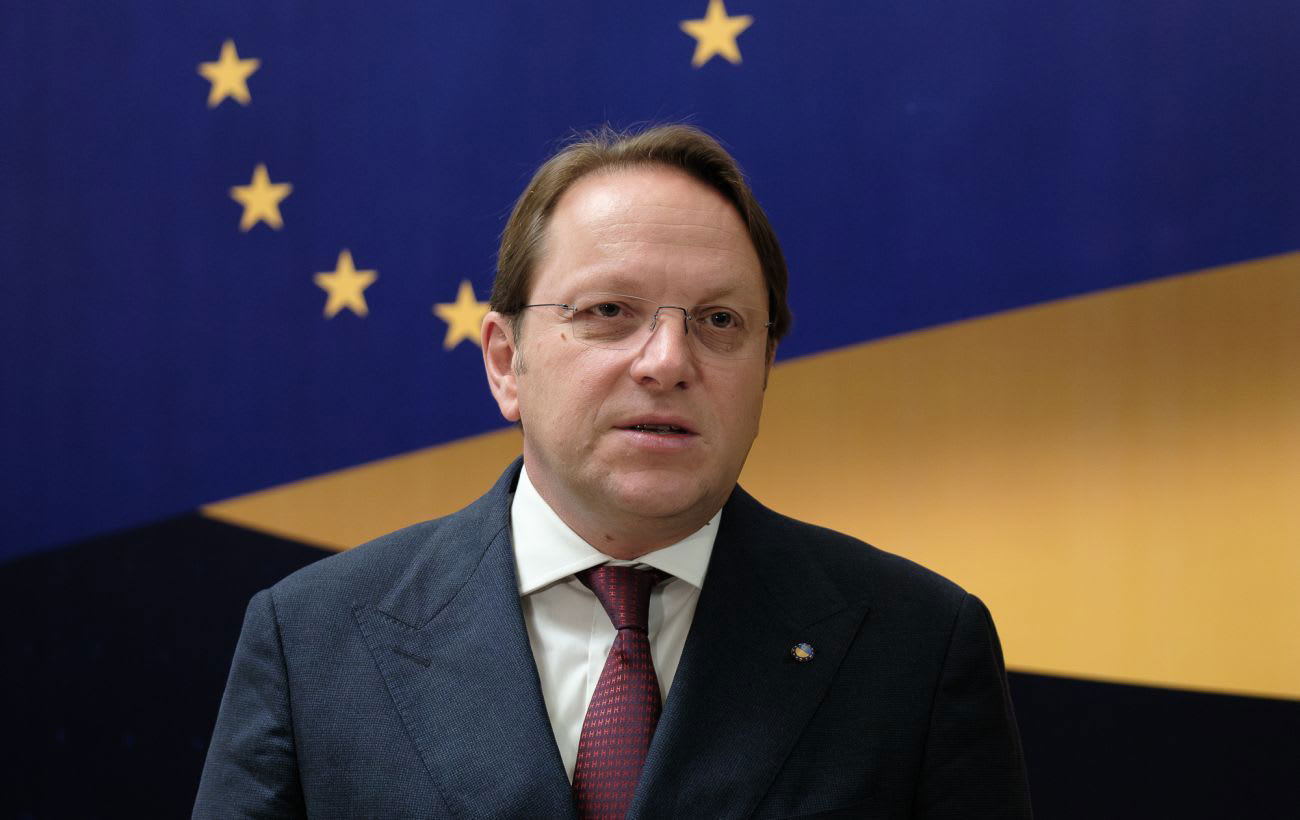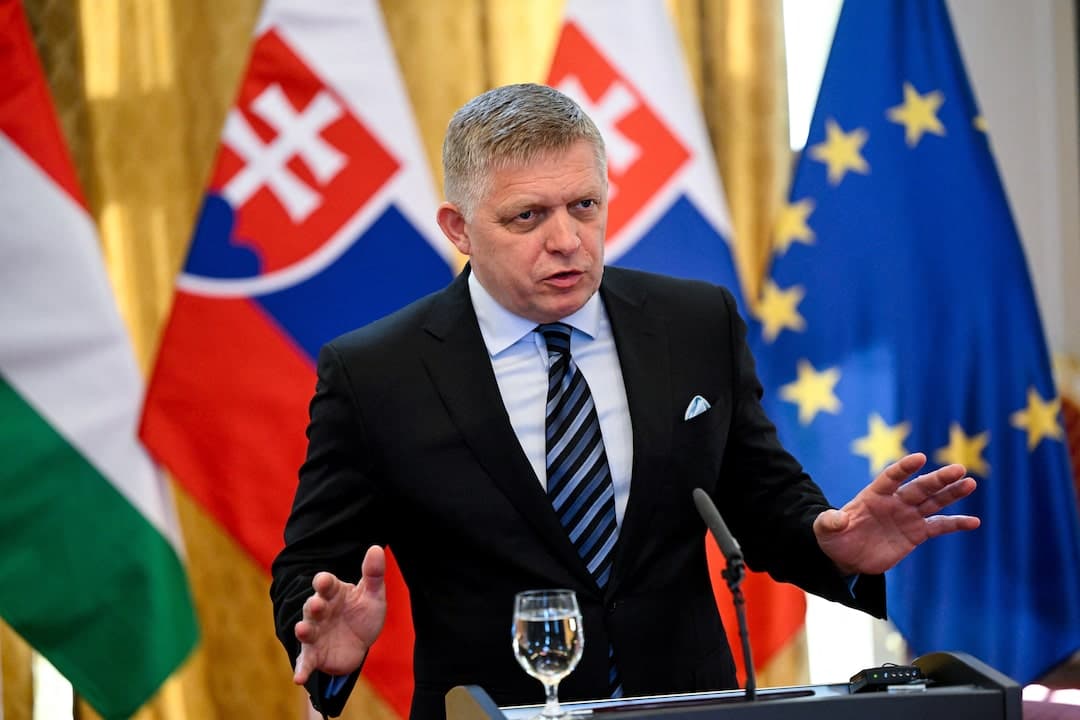Hungary Rejects EU Plans to Finance Ukraine"s $400 Billion War Costs
On November 3, 2025, Hungarian Prime Minister Viktor Orbán publicly rejected European Union (EU) plans to finance Ukraine"s ongoing war efforts, which are projected to require $400 billion over the next four years. This financial burden is expected to cover various expenses, including military weapons, reconstruction efforts, pensions, and salaries for Ukrainian citizens. Orbán emphasized that Hungary should not be responsible for financing Ukraine, stating, "We have no reason to do so: not politically, not economically, not morally."
Key Details
According to a report by The Economist, Ukraine"s financial needs are substantial, as the country continues to face significant challenges due to the ongoing conflict. The report highlights that the EU is anticipated to play a major role in funding these efforts, as other potential sources of financial support have dwindled. Orbán pointed out that this expectation has led to agitation within Brussels, the de facto capital of the EU, as officials seek ways to secure funding for Ukraine.
In response to the EU"s funding proposals, Orbán criticized the idea of seizing frozen Russian assets and overhauling the EU funding system. He also mentioned that Brussels is considering taking on new loans to support Ukraine, which he firmly opposes. Orbán stated, "We reject this. It’s not Hungary’s job to finance Ukraine," indicating a strong stance against the EU"s financial strategies.
Orbán"s comments reflect a broader sentiment in Hungary, where the government aims to prioritize domestic needs over international obligations. He asserted that Hungary will focus on supporting its own families, businesses, and pensioners over the next four years. To this end, the Hungarian government has introduced several initiatives, including:
- Tax exemptions for mothers with two or three children, aimed at supporting families.
- Extension of a 3% loan scheme to assist Hungarian businesses.
- Reintroduction of a 14th-month pension to benefit retirees.
Orbán"s administration argues that these measures are essential for the welfare of Hungarian citizens and that financial resources should not be diverted to support Ukraine.

Image for Hungary rejects EU plans to finance Ukraine"s $400 billion war costs
Background
The conflict in Ukraine, which began in 2014 with Russia"s annexation of Crimea and escalated significantly in 2022, has led to widespread destruction and a humanitarian crisis. The international community, particularly European nations, has been involved in providing various forms of support to Ukraine, including military aid and financial assistance. However, the scale of the financial requirements has raised concerns among EU member states about the sustainability of such support.
Hungary"s position is particularly noteworthy as it has often taken a more cautious approach to EU policies under Orbán"s leadership. The Prime Minister has consistently advocated for national sovereignty and has been critical of what he perceives as overreach by EU institutions.
What"s Next
The rejection of EU funding proposals by Hungary may have significant implications for the EU"s approach to supporting Ukraine. As the conflict continues, the financial needs of Ukraine are likely to grow, and the EU will need to find ways to balance the demands of member states like Hungary with the urgency of supporting Ukraine. Orbán"s statements suggest that Hungary will continue to resist pressure from Brussels to contribute financially to Ukraine, potentially leading to tensions within the EU regarding collective financial responsibilities.
As the situation evolves, further developments are expected, particularly in how the EU will address the funding challenges posed by the ongoing war in Ukraine. For related coverage on international political dynamics, see our article on Trump"s stance on military aid to Ukraine.

Image for Hungary rejects EU plans to finance Ukraine"s $400 billion war costs



![[Video] Gunfire between Iraqi security forces and Sadr militias in Baghdad](/_next/image?url=%2Fapi%2Fimage%2Fthumbnails%2Fthumbnail-1768343508874-4redb-thumbnail.jpg&w=3840&q=75)
